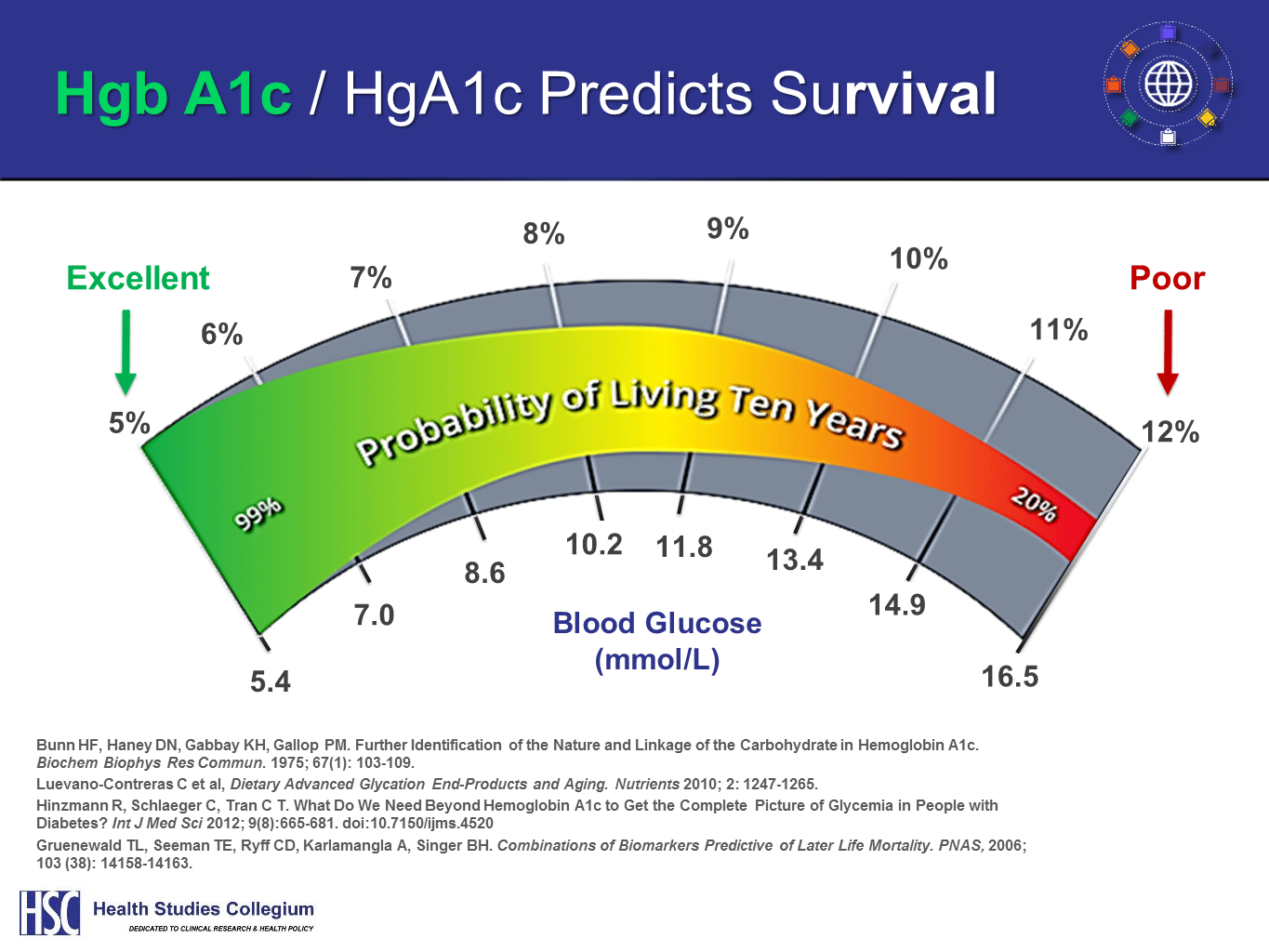
Table of Contents
What is A1c?
Before we dive into why high A1c levels can affect baby development, let’s first talk about what A1c is. A1c is a blood test that measures your average blood sugar level over the past 2-3 months. It is also known as HbA1c or glycated hemoglobin.The A1c test is a crucial tool for managing diabetes because it can help you and your healthcare provider determine how well your treatment plan is working. A high A1c level indicates that your blood sugar has been consistently high over time, which can lead to a range of health problems if left unmanaged.
How Does High A1c Affect Baby Development?
Now that we know what A1c is, let’s talk about how high A1c levels can affect baby development. When a woman with diabetes becomes pregnant, her high blood sugar levels can affect the development of her baby. High A1c levels can lead to various complications during pregnancy, including:
- Birth defects
- Preterm birth
- Macrosomia (large baby)
- Low blood sugar in the baby
- Breathing problems in the baby
- Stillbirth
Additionally, high A1c levels can increase the risk of preeclampsia, a serious pregnancy complication that can lead to high blood pressure and damage to organs.
What A1c Level is Safe During Pregnancy?
Maintaining a healthy A1c level is crucial for a healthy pregnancy. The American Diabetes Association recommends that women with diabetes aim for an A1c level of less than 6.5% before becoming pregnant and during pregnancy. However, individual A1c targets may vary depending on a woman’s specific health needs and medical history.It’s important to work closely with your healthcare provider to manage your blood sugar levels during pregnancy. Your healthcare provider may recommend regular A1c tests to monitor your blood sugar levels and adjust your treatment plan as needed.
What Can You Do to Manage Your A1c During Pregnancy?
If you’re pregnant and have diabetes, there are several steps you can take to manage your A1c levels and promote a healthy pregnancy. These include:
- Working closely with your healthcare provider to create a treatment plan
- Monitoring your blood sugar levels regularly
- Eating a healthy, balanced diet
- Getting regular exercise
- Taking medications as prescribed
- Attending regular prenatal appointments
By taking these steps, you can help manage your A1c levels and reduce the risk of complications during pregnancy.
Conclusion
In conclusion, high A1c levels can have serious consequences for baby development during pregnancy. It’s essential to maintain a healthy A1c level during pregnancy to reduce the risk of complications and promote a healthy pregnancy. By working closely with your healthcare provider and taking steps to manage your blood sugar levels, you can help ensure a safe and healthy pregnancy for both you and your baby.Frequently Asked Questions:
Q: What is A1c?
A: A1c is a blood test that measures your average blood sugar level over the past 2-3 months.
Q: How does high A1c affect baby development?
A: High A1c levels can lead to various complications during pregnancy, including birth defects, preterm birth, macrosomia, low blood sugar in the baby, breathing problems in the baby, and stillbirth.
Q: What A1c level is safe during pregnancy?
A: The American Diabetes Association recommends that women with diabetes aim for an A1c level of less than 6.5% before becoming pregnant and during pregnancy.
Q: How can you manage your A1c during pregnancy?
A: By monitoring your blood sugar levels regularly, eating a healthy, balanced diet, getting regular exercise, taking medications as prescribed, and attending regular prenatal appointments.
Q: Why is it important to maintain a healthy A1c level during pregnancy?
A: Maintaining a healthy A1c level during pregnancy is crucial to reduce the risk of complications and promote a healthy pregnancy for both you and your baby.
